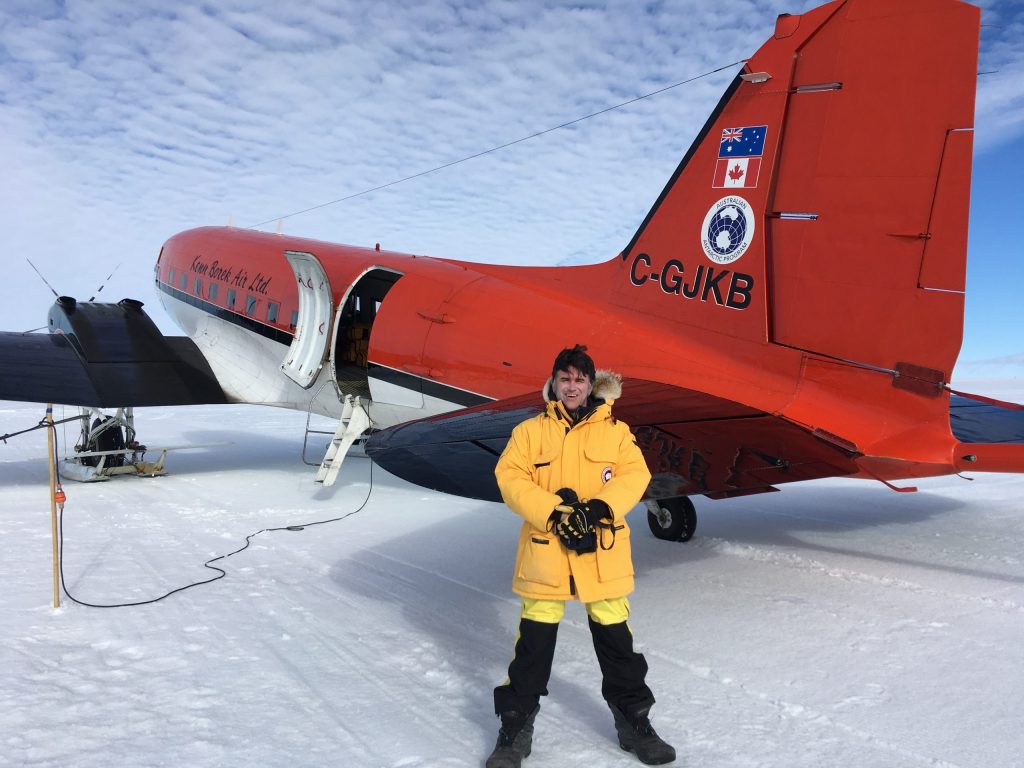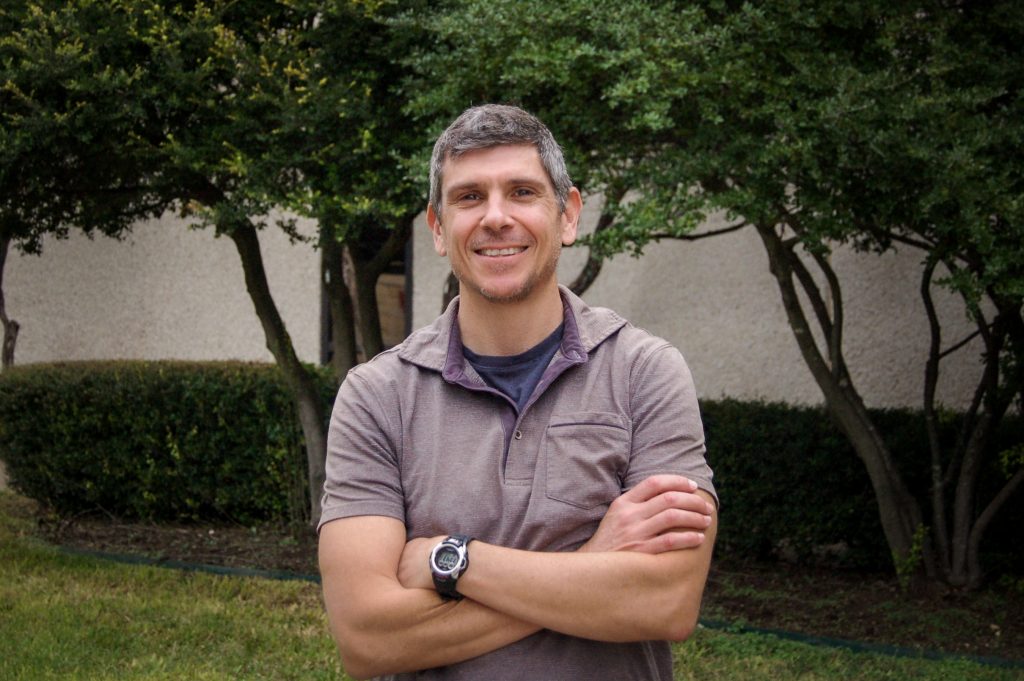In 2023, scientists at the University of Texas Institute for Geophysics saw their research published in top journals, including Nature and Science, received the highest honors as both scientists and students (and even one from royalty!), and led major scientific missions at sea and on ice. Here’s a few other stories you may have missed.… Continue Reading 2023 Year in Review
UT-Led Aerial Surveys Reveal Ancient Landscape Beneath East Antarctic Ice Sheet
Long before Antarctica froze over, rivers carved valleys through mountains in the continent’s east. Millions of years later, researchers have discovered a remnant of this ancient highland landscape thanks to an aerial survey campaign led by the University of Texas Institute for Geophysics (UTIG). The findings were described by researchers at Durham University and Newcastle… Continue Reading UT-Led Aerial Surveys Reveal Ancient Landscape Beneath East Antarctic Ice Sheet
Scientists Isolate Early-Warning Tremor Pattern in Lab-Made Earthquakes
Researchers at The University of Texas at Austin have successfully isolated a pattern of lab-made ‘foreshock’ tremors. The finding offers hope that future earthquakes could be forecast by the swarm of smaller tremors that come before them. The research was published in the journal Nature Communications. The next step is to replicate the results in… Continue Reading Scientists Isolate Early-Warning Tremor Pattern in Lab-Made Earthquakes
Discovery of Massive Undersea Water Reservoir Could Explain New Zealand’s Mysterious Slow Earthquakes
Researchers have discovered a sea’s worth of water locked within the sediment and rock of a lost volcanic plateau that’s now deep in the Earth’s crust. Revealed by a 3D seismic image, the water lies two miles under the ocean floor off the coast of New Zealand, where it may be dampening a major earthquake… Continue Reading Discovery of Massive Undersea Water Reservoir Could Explain New Zealand’s Mysterious Slow Earthquakes
UT Austin’s Demian Saffer Named AGU Fellow
Demian Saffer, the director of the University of Texas Institute for Geophysics (UTIG), has been named a Fellow of the American Geophysical Union (AGU). The distinction recognizes exceptional scientific contribution and eminence in the field of Earth sciences. Being named a fellow is AGU’s highest honor. Only a tiny fraction (0.1%) of its 40,000 members… Continue Reading UT Austin’s Demian Saffer Named AGU Fellow
- « Previous Page
- 1
- …
- 4
- 5
- 6
- 7
- 8
- …
- 23
- Next Page »





